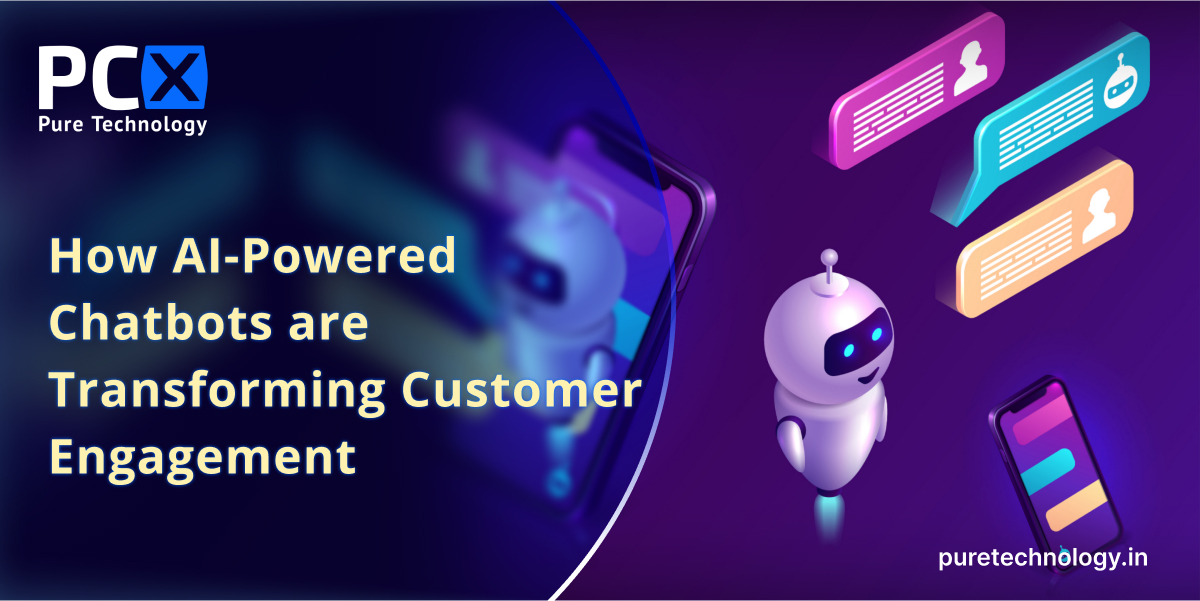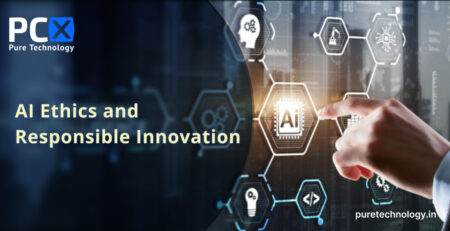How AI-Powered Chatbots are Transforming Customer Engagement
Introduction
AI-powered chatbots have come a long way from being simple FAQ bots. In 2025, they have matured into advanced conversational AI systems that handle complex queries, provide instant support, and build stronger relationships with customers. Unlike traditional support channels, chatbots today deliver real-time, personalized, and scalable assistance across websites, apps, and messaging platforms, making them an integral part of modern customer engagement strategies.
Natural Language Understanding (NLU)
Modern AI chatbots leverage large language models (LLMs) and natural language understanding (NLU) to grasp not just words but also intent and context. This allows them to:
- Handle multi-step conversations without confusion.
- Interpret slang, emojis, and multiple languages.
- Provide accurate, human-like responses to customer inquiries.
By removing friction from digital interactions, chatbots ensure customers feel heard and valued.
Personalized Customer Support
Personalization is at the heart of chatbot transformation. By analyzing past interactions, purchase history, and customer preferences, AI chatbots deliver tailored recommendations and responses. For example:
- E-commerce: A chatbot can suggest products based on browsing patterns.
- Banking: It can guide users on suitable investment plans.
- Healthcare: It can remind patients about medications and follow-up visits.
This level of customization enhances trust and improves the customer journey.
Omnichannel Engagement
AI chatbots integrate seamlessly across multiple channels—websites, mobile apps, WhatsApp, Messenger, and even voice assistants. Customers no longer need to repeat themselves when switching platforms. The chatbot maintains context, offering consistent and uninterrupted support, which boosts loyalty and satisfaction.
Business Benefits of AI Chatbots
For businesses, the adoption of AI-powered chatbots delivers measurable advantages:
- Reduced operational costs: Automating repetitive queries cuts down on support team workload.
- 24/7 availability: Customers receive assistance anytime, anywhere.
- Scalability: Businesses can handle thousands of simultaneous conversations without delays.
- Data-driven insights: Chatbots collect valuable data that help companies refine products and services.
According to industry reports, businesses using chatbots in 2025 are witnessing a 30–40% increase in customer satisfaction scores compared to traditional methods.
Future of Chatbots in Customer Engagement
The future points toward emotionally intelligent chatbots that can detect customer mood, sentiment, and tone to provide empathetic responses. Combined with predictive analytics, these systems will anticipate customer needs before they are even voiced—setting new benchmarks in proactive customer engagement.
Conclusion
AI chatbots are no longer optional—they are essential tools for businesses looking to stay competitive in 2025. With their ability to personalize experiences, streamline operations, and deliver consistent service across channels, chatbots are redefining how brands connect with their customers.
FAQs
Q1: How are AI chatbots different from traditional ones?
They use advanced natural language processing to deliver human-like, context-aware interactions instead of scripted responses.
Q2: What benefits do chatbots bring to businesses?
They reduce costs, provide 24/7 support, increase efficiency, and boost customer satisfaction and loyalty.
Q3: Can AI chatbots personalize conversations?
Yes, they leverage customer data and previous interactions to offer tailored solutions, recommendations, and support.
Q4: Are AI chatbots replacing human agents?
Not entirely. Instead, they handle routine tasks, allowing human agents to focus on complex and high-value interactions.
Q5: Which industries benefit most from AI chatbots?
E-commerce, banking, healthcare, travel, and customer service-driven sectors are seeing the highest impact.
Call us for a professional consultation












Leave a Reply